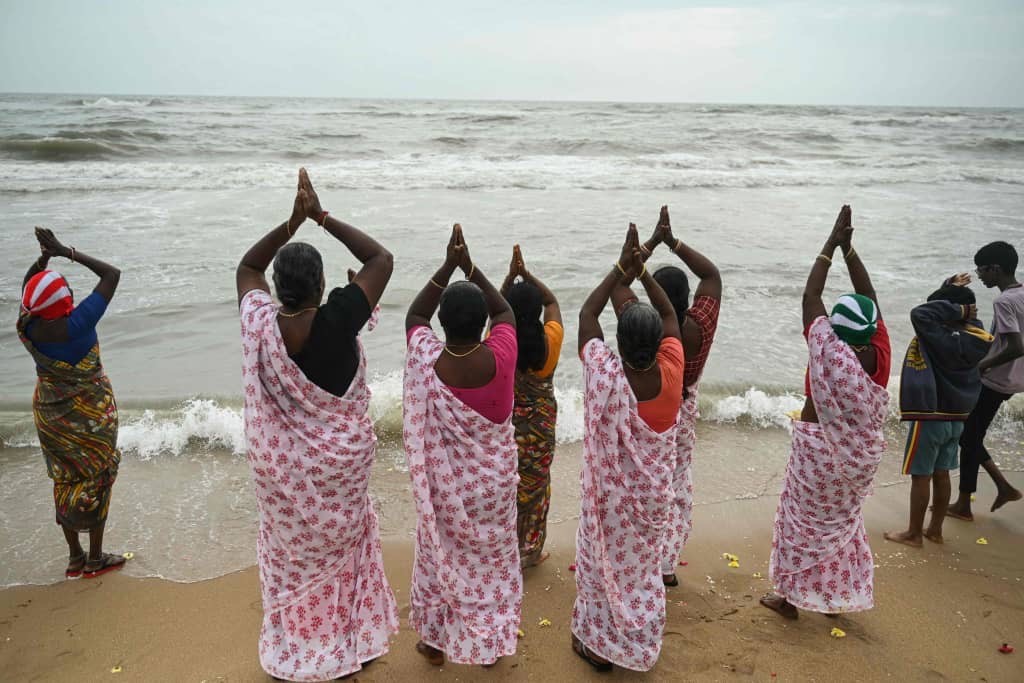POWER utility NamPower is expected to be given the green light today to charge more for electricity.
Today the Electricity Control Board (ECB), the regulator that approves annual electricity tariffs, is expected to make an announcement on new permissible tariffs for bulk electricity. If recent developments in the industry are anything to go by, the price of electricity is not going anywhere but up.Today’s announcement follows an application by power utility NamPower for a review of its customer tariffs.In an invitation to the press, the ECB’s Chief Executive Officer Siseho Simasiku says the ECB considered NamPower’s application at its 47th extraordinary meeting on April 25 and is now ready to release the approved tariffs and share information that led to the approval of these tariffs.Last year the ECB approved a six per cent increase for bulk electricity.The current average ECB-approved electricity tariff NamPower may charge its customers is 31 083 cents per kilowatt hour (kWh) – an amount that includes the costs of generating and transmitting electricity.It excludes a basic cost for administration expenses.Last year NamPower applied for tariff increases of 20 per cent for electricity to be supplied to municipalities and other large power users, 15 per cent for mining customers and 20 per cent for export customers.NamPower’s new CEO Paulinus Shilamba said last week that electricity price increases for bulk supply were definitely in the offing as the company enters into a “less favourable” power supply agreement with its South African counterpart Eskom in July.Windhoek City Spokesperson Ndangi Katoma would not say yesterday whether municipal customers could expect a hike in basic service provision.Tomorrow night the City Council is expected to discuss its budget for the 2006-07 financial year – the forum at which the City usually announces any changes in tariffs for water and electricity supply.But Helene Vosloo, ECB Tariff Analyst, said the City had so far this year not applied to increase electricity costs.The City is expected to hand over electricity distribution to a regional electricity distributor along with several other town councils in the region by the end of June when its distribution licence runs out.The process has been delayed by a year following concerns expressed by the City of Windhoek over the laws governing such an arrangement.If recent developments in the industry are anything to go by, the price of electricity is not going anywhere but up.Today’s announcement follows an application by power utility NamPower for a review of its customer tariffs.In an invitation to the press, the ECB’s Chief Executive Officer Siseho Simasiku says the ECB considered NamPower’s application at its 47th extraordinary meeting on April 25 and is now ready to release the approved tariffs and share information that led to the approval of these tariffs.Last year the ECB approved a six per cent increase for bulk electricity.The current average ECB-approved electricity tariff NamPower may charge its customers is 31 083 cents per kilowatt hour (kWh) – an amount that includes the costs of generating and transmitting electricity.It excludes a basic cost for administration expenses.Last year NamPower applied for tariff increases of 20 per cent for electricity to be supplied to municipalities and other large power users, 15 per cent for mining customers and 20 per cent for export customers.NamPower’s new CEO Paulinus Shilamba said last week that electricity price increases for bulk supply were definitely in the offing as the company enters into a “less favourable” power supply agreement with its South African counterpart Eskom in July.Windhoek City Spokesperson Ndangi Katoma would not say yesterday whether municipal customers could expect a hike in basic service provision.Tomorrow night the City Council is expected to discuss its budget for the 2006-07 financial year – the forum at which the City usually announces any changes in tariffs for water and electricity supply.But Helene Vosloo, ECB Tariff Analyst, said the City had so far this year not applied to increase electricity costs.The City is expected to hand over electricity distribution to a regional electricity distributor along with several other town councils in the region by the end of June when its distribution licence runs out.The process has been delayed by a year following concerns expressed by the City of Windhoek over the laws governing such an arrangement.
Stay informed with The Namibian – your source for credible journalism. Get in-depth reporting and opinions for
only N$85 a month. Invest in journalism, invest in democracy –
Subscribe Now!







